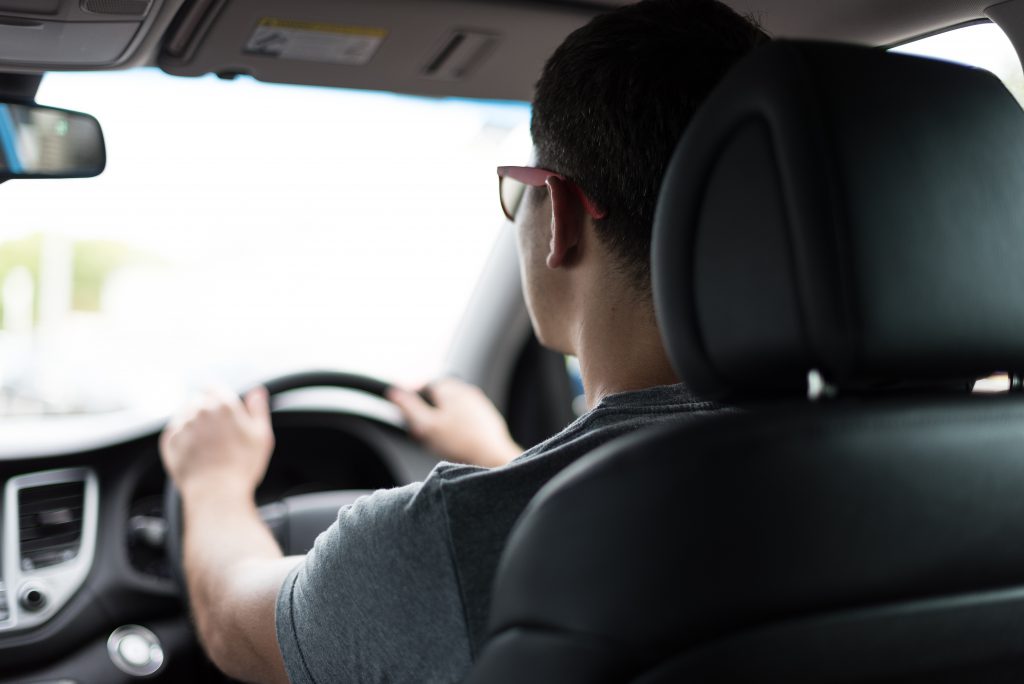Drivers don’t feel need to wear glasses while driving, research finds
Drivers do not feel the need to wear their glasses when behind the wheel, new research by Leeds Beckett University has found.
The study, carried out by the Leeds Sustainability Institute at the university, found that drivers felt safe getting into a vehicle with their vision uncorrected, particularly on short and familiar journeys.
Dr Fiona Fylan, who specialises in health psychology and risk-taking, interviewed drivers with an average age of 45, who all said they had driven with uncorrected vision at least twice in the past six months, despite needing glasses to correct their distance vision.
Dr Fylan said: “The results of this study were both astonishing and incredibly insightful.
“While risky driving behaviours, like drink driving or using your mobile phone while driving, are seen as unacceptable, those involved in the study didn’t regard driving with uncorrected vision as serious or detrimental.
“Drivers with blurred vision have longer reaction times as they have to focus on individual hazards for longer before they can react, so it is incredibly important to clearly see what is going on in front of you. Previous research found people who drive without wearing their glasses had four times the crash risk of those without it.”
The results of the study also found that drivers became more complacent on short or familiar routes.
They would opt to wear their glasses in poor weather conditions, late at night or if they were fatigued, but wouldn’t choose to wear them in the morning when they believed they were more alert, the roads were quieter or the weather was good.
They didn’t think it was okay to drive without their glasses on motorways – despite more collisions and causalities occurring in urban environments.
Dr Fylan said: “Those who took part in the study didn’t wear glasses because they didn’t feel confident or comfortable wearing them, or they just didn’t like wearing them.
“Some said they would continue to drive with uncorrected vision despite knowing they didn’t meet the legal requirement or that they had only just made the minimum legal requirement.”
Those who took part in the study said they thought opticians and eye care professionals should provide more advice to drivers around wearing spectacles when driving.
Case study comments:
- “I don’t wear them all the time for driving, I have to be honest with you, I don’t know why because when I do put them on I can see quite sharp.”
- “Sometimes I might just take them off. I can see the road signs; I just can’t see what it says underneath.”
- “[I would wear my glasses] as soon as I start to be a danger to myself and other people driving, but I feel my eyes aren’t that bad.”
- “I was recently told [my eyesight] was borderline without the glasses but I am still driving without them.”
- “Maybe I should wear them all the time because when you put your glasses on you think it’s a lot clearer but in your mind you are thinking, I don’t need to read number plates, I can see the car in front.”
- “If I am doing the school run and I have forgotten to put my glasses on I wouldn’t go back. I would be fine.”
- “I feel fine in the day, absolutely fine, it is just certain times of night I think – oh – I should have put my glasses on.”
- “You know that route, don’t you. You are aware of what the speed is, you are aware of where the people are going to come out of.”
- “If I am going on a motorway I wear them, but if I am just going local, like this morning I didn’t have my glasses on and I found my way here. If it was really bad weather and it was snowing I would have my glasses on.”
